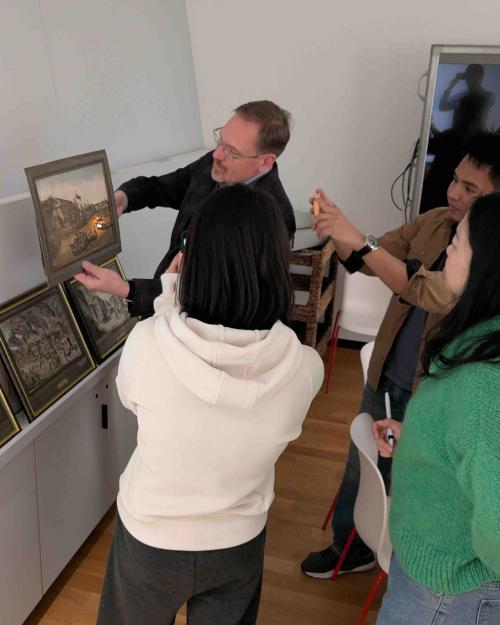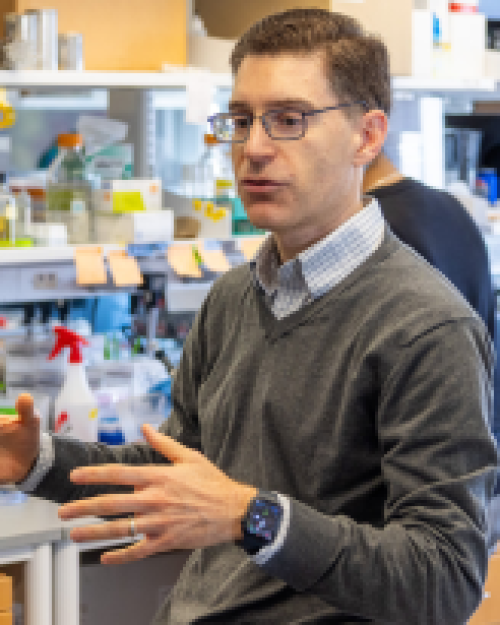This Ezra series profiles recently hired faculty members across Cornell’s colleges, schools and units. In their own ways, these researchers, scholars and teachers embody the university’s creative and collaborative vitality.
Shaun Nichols: Using the tools of psychology to explore philosophical problems
People everywhere and in every age have encountered fundamental questions: What is right? What is wrong? How do I know the difference? Am I free to make choices?
Philosophers consider such questions and, in the traditional modes, hand down answers based on analysis and theory. But a recent movement among academic philosophers turns directly to the source – people – to consider these puzzles.
A leader in experimental philosophy, Shaun Nichols uses psychological techniques to consider philosophical problems. He joined the faculty in fall 2019 as a professor in the Sage School of Philosophy in the College of Arts and Sciences, adding to Cornell’s strength in moral psychology.
“I think philosophy is borne of common sense,” Nichols says. “There are a lot of tools you can use to understand philosophical thought.”
He’s recently used economic games, textual analysis of etiquette manuals and learning-theory studies to locate the sources of moral beliefs.
In one study, he used an economic game to show that people will punish a cheater even if the cheater won’t know that he has been punished. In another, he compared historical etiquette standards to discover which kinds of etiquette rules persist across time. He found that while many rules of etiquette go in and out of fashion, violations associated with disgust – such as prohibitions on spitting – endure.
“Just as emotions play a role in which norms of etiquette get preserved, emotions also plausibly play a role in which moral norms get preserved,” Nichols says.
His current work draws on learning theory to try to understand how people acquire philosophically significant concepts and distinctions. He is collaborating with Tamar Kushnir, associate professor in child development in the College of Human Ecology, to study how children determine whether a rule applies universally or only to a certain group of people.
“All kinds of behaviors are available to us,” Nichols says. “How do we figure out whether those things are right or wrong?”
– Kate Blackwood
Read the full story in the spring 2020 issue of Ezra magazine.





